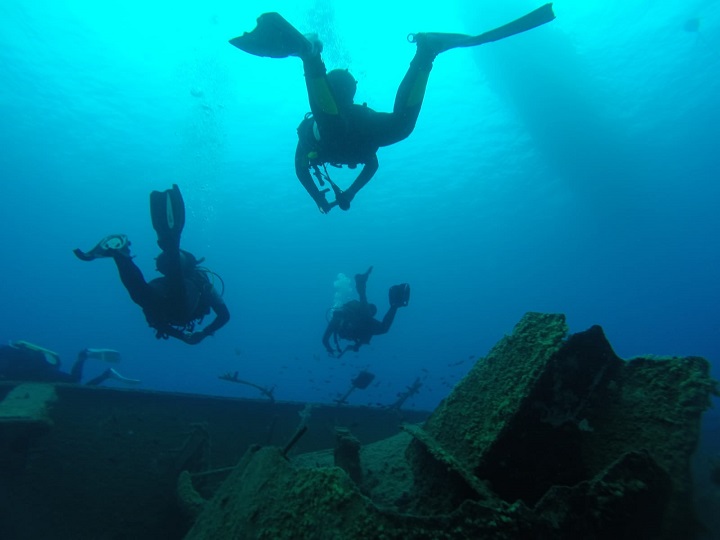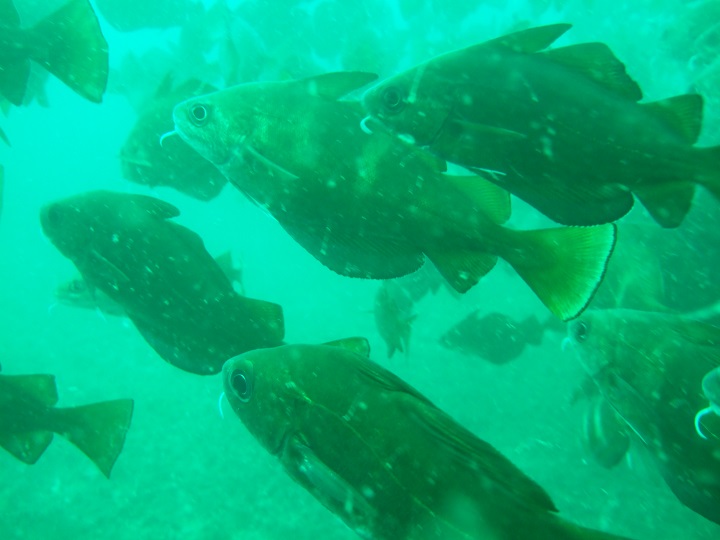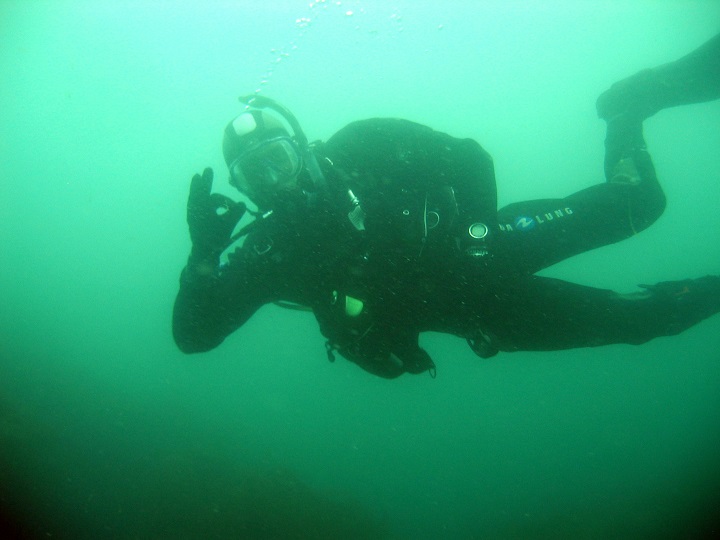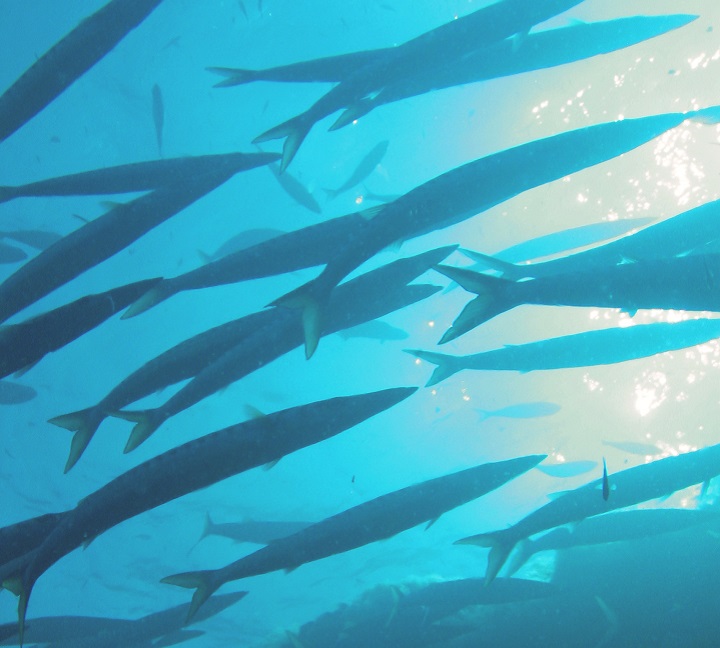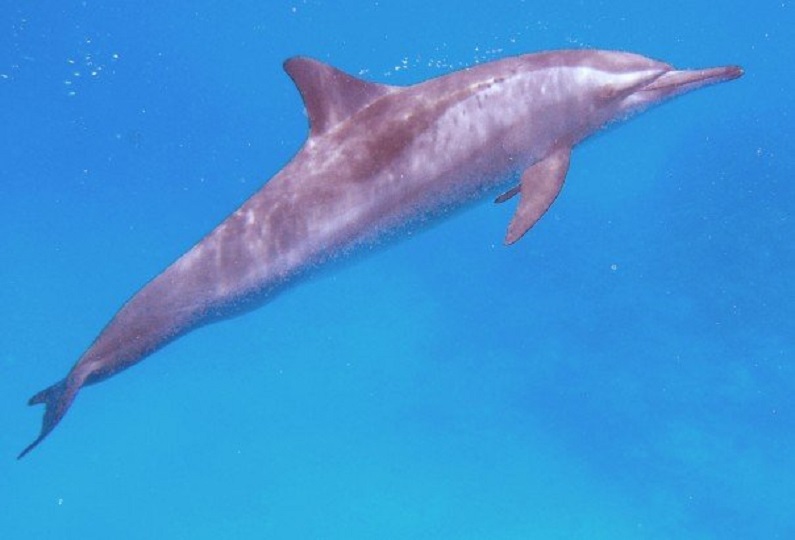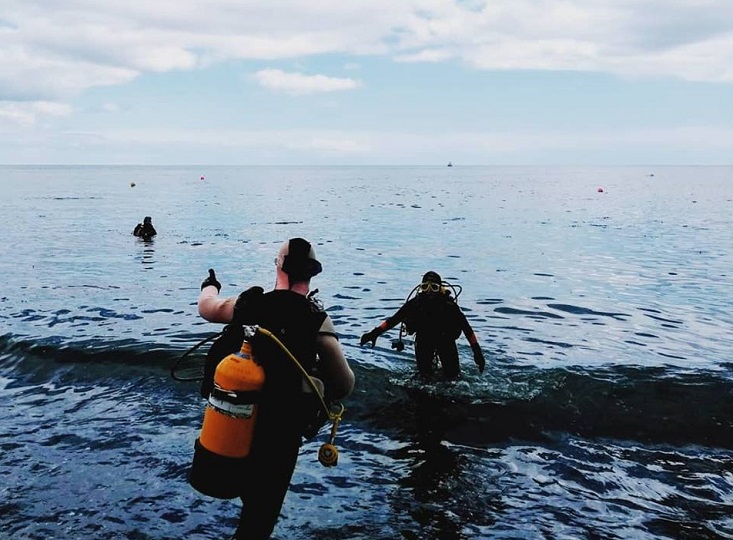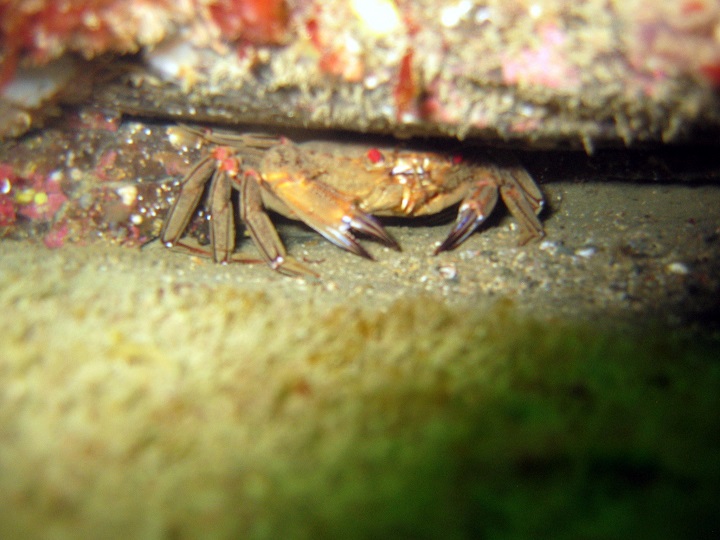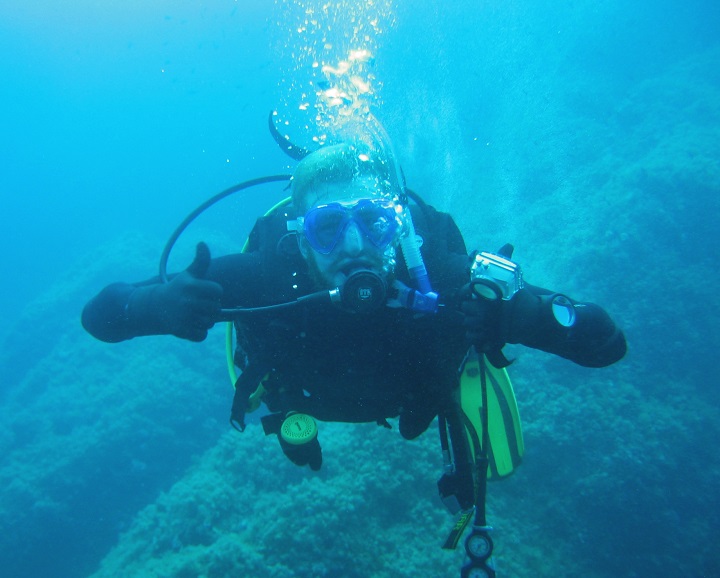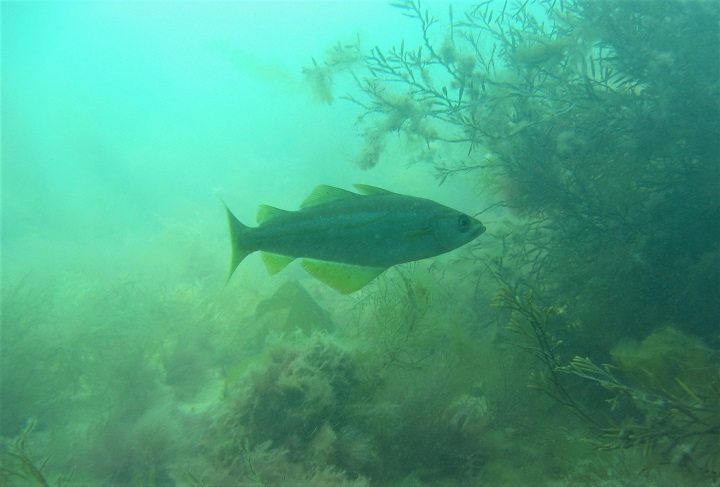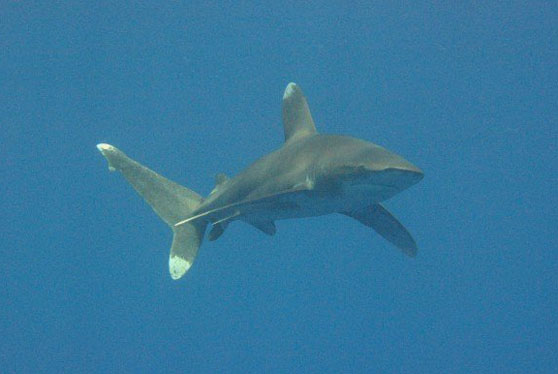Every day approximately 8 million pieces of plastic pollution find their way into our oceans. There may now be around 5.25 trillion macro and microplastic pieces floating in the open ocean. Weighing up to 269,000 tons and even with the current focus on Plastic pollution the amount of plastic ending up in our oceans is rising, so what can we do to help?
Recycling isn’t good enough; we must lower the amount of plastic we use. Unfortunately, many types of plastic aren’t recyclable. The familiar triangle only indicates the type of plastic (1-7) and many types can’t be recycled. Typically, numbers 2, 4 and 5 plastics can be recycled, but always check with your local facility. Generally speaking, Styrofoam, cling wrap, plastic bags and plastics with food waste are not recyclable. Recycling also requires a lot of energy as the materials must be transported, processed and remanufactured. Lastly, products made from recycled plastic often aren’t recyclable a second time. So, with this in mind below are a number of ways we can lower the amount of plastic we use in the first place.
- Plastic-free packaging.
Little things like toilet rolls which come in plastic packaging can be orders online, companies like www.uk.whogivesacrap.org and https://www.thecheekypanda.co.uk/ offer plastic-free toilet paper delivered to your home in easily recitable packaging. https://www.theplasticfreeshop.co.uk/ has a wide range of plastic-free items for the home from bath towels through to cleaning products. Instead of buying your normal shower gel, why not use soap which can be bought in paper packaging and you can now get your hands-on plastic-free toothbrushes, even big brand companies like Colgate are offering plastic-free toothbrushes https://bit.ly/2SGljJy . All it takes is a little forethought and you will be amazing at how much plastic you can remove from your life.
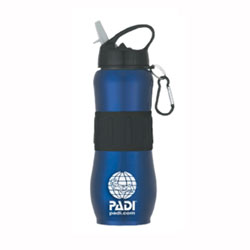
- Plastic bottles, cups and food wrapping
With coffee and teacups we just need to remember to bring our own reusable cups with us, these are easy to find if you don’t already have one and range in price from £5 through to £20 for cups which have thermal properties to keep your tea or coffee warmer for longer, it is just a case of remembering to take it with you. If you are like me this is where things go wrong as I have the memory of a sieve so the way I have worked around it is to keep one at home int eh kitchen and try to remember too that with me but I also keep a clean one in the van for when I forget to bring one with me. Luckily, a lot of companies have started to give away reusable cups as marketing ploys so you can keep an eye out for those and build up a stock of reusable cups just in case you forget as I do.
Plastic food wrapping is probably the hardest one here to limited. Clingfilm (or other brands of plastic wrapping) is not very easily recyclable so it’s not as if we can just make our own sandwiches like mum used to make but we can switch to brown paper bags to put ours sandwiched in or if you prefer a salad, Tupperware boxes are really good, obviously other brands are also available, I have even found that a lot of taking away restaurants deliver their food in hand plastic containers which can easily be washed out and used for lunches or food on the go. So there are ways around it.
If you are picking up food on the go, may I suggest the local sandwich shop as not only do they wrap their food in paper, but you will also be supporting a small local business instead of a large multi-national which is also good for the local environment as they will tend to be using local products?
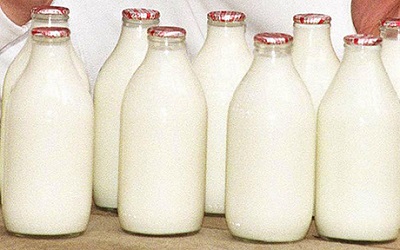
- Plastic milk bottles
- Plastic bags
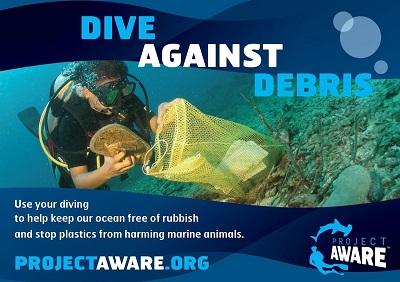
- Clean-ups
Underwater adventures itself will be organizing clean-ups with a difference this summer with river clean-ups. The plan is to get the plastic rubbish inland before it has a chance to wash out to sea and if you would like to take part in a clean up please drop us an email at info@underwateradventures.co.uk and we can add you to the mailing list and keep you informed of our cleanups so you to can do your part.
.png)



